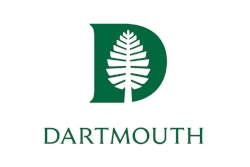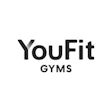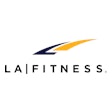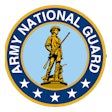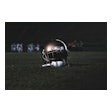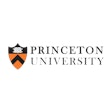Copyright 2014 The Columbus Dispatch
All Rights Reserved
The Columbus Dispatch (Ohio)
Sudden heart deaths in athletes stun schools and communities and leave families wondering in their grief what more could have been done.
The most-recent shock in central Ohio came in December when 17-year-old junior-varsity basketball player Christopher Randolph fell to his knees after practice at Westerville South High School; he died within hours of a heart condition.
Electrocardiograms, or EKGs, are noninvasive tests that sometimes find these problems before they kill. But they come with a cost and plenty of false-positive results, meaning more testing and anxiety.
The debate about screening athletes with EKGs continued this week, as a set of studies appeared online in the Journal of the American College of Cardiology.
One reviewed 10 years of data on NCAA athletes that included 182 sudden deaths, including 64 "probably or likely" related to heart problems. The other most-common causes were suicide (responsible for 31 deaths) and drug abuse (linked to 21 deaths.) Numbers for car-crash deaths weren't included.
The authors calculated a rate of 1.2 sudden heart deaths per 100,000 athletes, or four per year. Suicide and drugs combined killed five per year.
As in other studies, they found a much higher incidence of deaths because of heart problems among black athletes, especially men. And the numbers were the worst for Division I athletes.
But the researchers said that in a significant number of the deaths (40 percent), the risk probably wouldn't have been reliably detected by an EKG.
The other study looked at screening in 7,764 non-athletes ages 14 to 35, and compared the results with those for a group of 4,081 athletes. The authors, based in London, found that athletes have a somewhat higher incidence of abnormal EKG results that could point to life-threatening conditions.
Overall, one in five young people had an EKG that would lead to further testing. Considering the low rates of sudden death, there would be a lot of unnecessary follow-up for people who would never have a problem.
"In the general public, you're going to get a lot more people alarmed and need more evaluation. Most of it turns out to be a red herring," said Dr. Anne Curtis, who wrote an opinion piece on the studies and is a cardiologist and chairwoman of the department of medicine at the University at Buffalo.
"It just adds to expense and worry for people, and at the end of the day, it mostly doesn't pan out," she said.
Curtis doesn't push for routine screening of athletes; instead, she stresses obtaining a good health and family history and performing a physical before sports participation.
She said there's reason to consider more-tailored screening in higher-risk populations.
Dr. Curt Daniels, an expert in congenital heart problems at Ohio State University's Wexner Medical Center, agreed that the payoff of screening certain groups -- say, black male athletes playing basketball and football -- would be higher.
But then you get into the troublesome area of choosing some athletes over others, he said. And an EKG, even for select athletes, remains an imperfect test that misses some heart problems (including the one second-most responsible for sudden death) and is prone to false-positive results, Daniels said.
"I don't believe it will save the lives that it's intended to," said Daniels, who works with the athletic department at Ohio State, which does not routinely screen with EKGs.
Dr. Kimberly Harmon of the University of Washington strongly disagrees. Harmon's research has found a higher incidence of deaths -- one in 43,000 among NCAA athletes and as high as one in 3,000 among Division I men's basketball players.
Her university screens all NCAA athletes at the school and has worked with more than 10,000 high-school students in the past three years.
She said medical personnel who are well-trained in interpreting results won't have as many false positives.
As for cost, she said programs (such as hers) can offer free screening. Medicare pays $25 for an EKG, she said. Hospitals often charge more.
Dr. Kanny Grewal, system chief of cardiovascular imaging for OhioHealth, said the group is working on a low-cost combined EKG and echocardiogram (an ultrasound image of the heart) to offer athletes.
"The incidence is low, but not trivial," he said.
"There's so much concern among parents and coaches who are looking for reassurance, and we know that standard pre-participation physicals will miss a lot of these kids."
@MistiCrane
Terms and Conditions Privacy Policy













